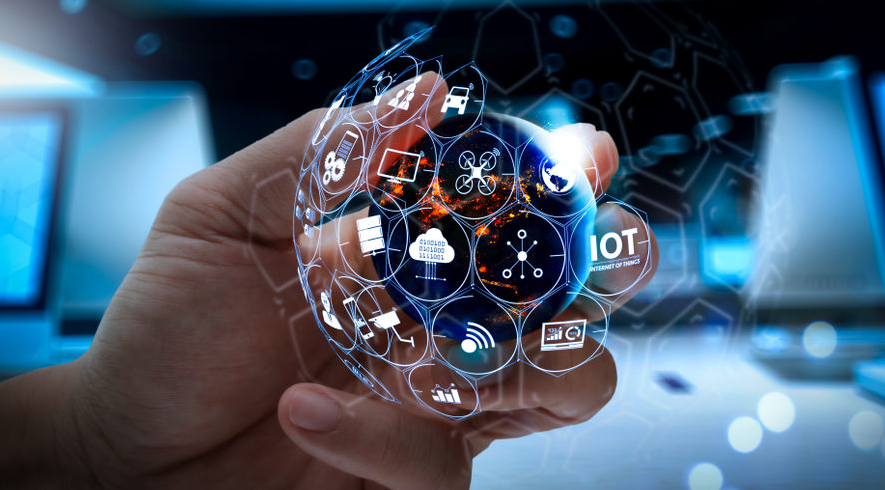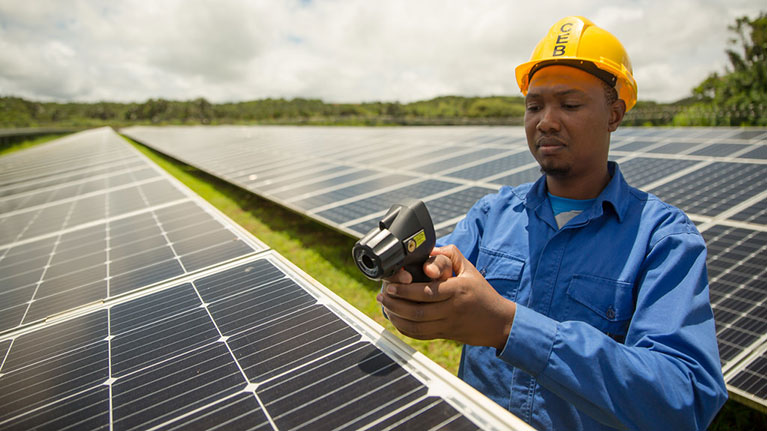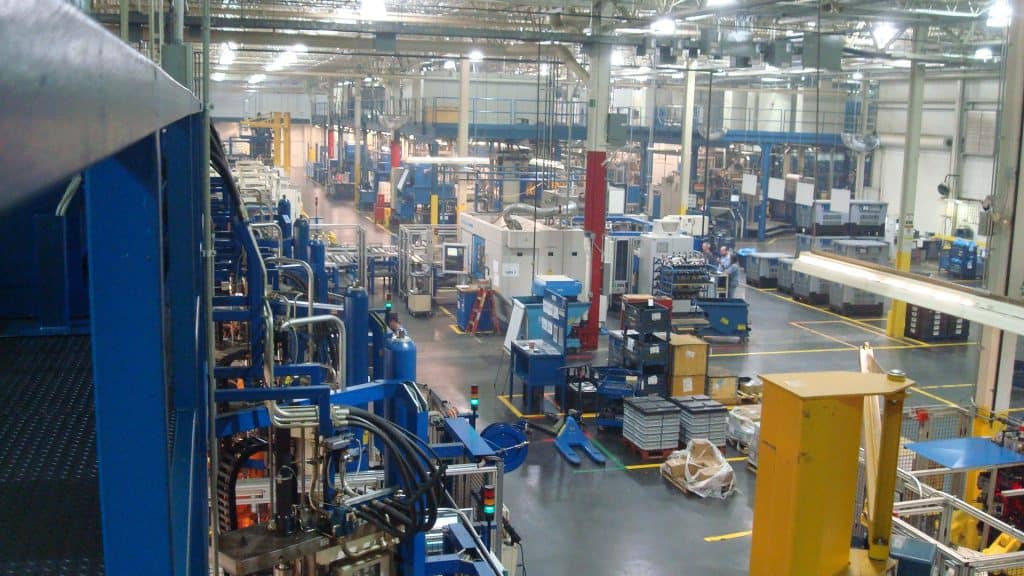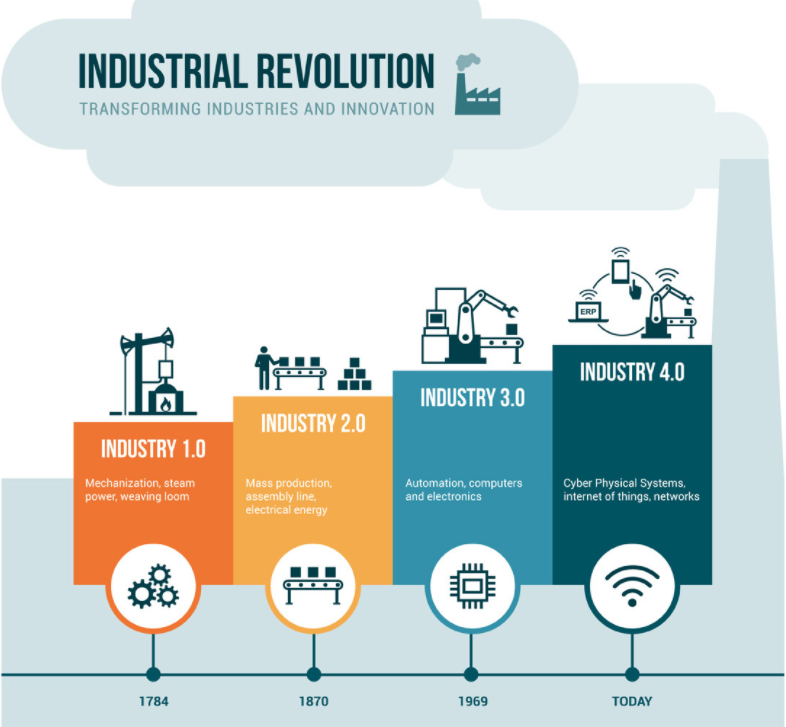4 Technologies That Will Bring Change, Indonesia among ASEAN countries is the country with the largest population. Indonesia is also expected to become one of the countries with the largest digital economy power in the world by 2025.
The current COVID-19 pandemic has driven the acceleration of service switching to digital more than expected. In addition, it also encourages the development of the information and communication technology sector in Indonesia to be able to lead economic growth in 2022.
Based on projections from the Fiscal Policy Agency (BKF), the information and communication technology sector will experience growth of 9.8 to 10.3 percent in 2022. This shows the rapid development of the information and communication technology sector in Indonesia.
In the coming year, the internet and the accompanying technology are also considered to be more influential than today. Digital technology has also fundamentally changed the way people live, reducing the amount of time needed to complete work, and even changing the way humans interact with each other.
“In 2021, the digital economy will hit an all-time high despite the pandemic. When companies accelerate their digital development to reach customers, it can be ensured that companies and customers continue to follow developments,” said Surung Sinamo, Country Manager of F5 Indonesia in his official statement, launched from Medcom.id , Wednesday (19/1/2022).
Surung added that companies and customers not only follow developments, but also experience carefully, make transactions, and generate income in today’s digital economy. 4 Technologies That Will Bring Change

4 Technologies That Will Bring Change
Based on F5 Networks, here is a summary of the four best technologies that will change the digital economy in 2022:
1. Mobile Service
Google, Temasek, and Bain & Company recently reported that Indonesia is the largest digital economy center in the world with the potential to grow through the use of digital services. This is in line with the acceleration of the 5G network, so that various business opportunities will emerge, including wider digital adoption and the development of a stronger technology infrastructure.
Mobile convenience and the rise of entertainment, particularly through mobile devices, will then drive the growth of 5G networks more quickly. The 5G network itself has many benefits, including lower latency, which then makes it easier for systems to react more quickly to changes, stronger coverage, and increased throughput .
The 5G network in Indonesia in the near future will then become a force for economic recovery, paving the way for empowering small and medium enterprises (SMEs), educating digital talent, and enabling the development of smart cities .
2. E-Commerce Security
Digital transactions through e-commerce services will experience a big surge. This is because of the convenience, security, and flexibility offered in the midst of the COVID-19 pandemic which requires consumers to reduce their activities outside the house.
Today, there are more opportunities for consumers to make purchases through their smartphones . This is then predicted to encourage digital transactions in Indonesia to reach USD 37 billion in 2022.
More and more people in Indonesia are using digital payments on a regular basis, especially with the increasingly widespread Buy Now, Pay Later (BNPL) program. This increase in digital payments will then raise the need for online transaction security.
Thus, banks will then increase their focus on e-commerce security in order to minimize hackers and other criminals in cyberspace. The digital economy will continue to grow with more and more digital transactions taking place.
3. AI and Cloud Computing
The combination of 5G networks with artificial intelligence (AI) is also considered to play a major role in changing the way Indonesian people live and work. One of the significant impacts, is in the area of software development.
In 2022, it is predicted that there will be more and more development of software supported by AI technology, so that there will be an automatic replacement of human labor with machine power. This shift will also result in faster, better, and more reliable software products.
Meanwhile in the business world, cloud computing -based online storage will continue to grow through customized solutions. This solution will enable the cloud to become a transformation solution for warehouses, restaurants, retail stores, and more.
Cloud computing can then provide the infrastructure needed to support the use of the latest technologies such as augmented reality (AR), virtual reality (VR), and machine learning (ML).
“With the advent of technology, companies are more vulnerable to security vulnerabilities. Their tools, expertise, IT processes and analytical capabilities need to be improved through the use of AI and cloud management ,” added Surung.
Cloud computing is also said to be playing a big role in helping all the data available on digital devices with growing numbers to be more easily understood. It is at this point that edge computing comes into play.
Edge computing itself happens locally, and not on remote servers . In contrast, edge computing performs data processing from the origin, and all this processing is done before the data passes through the network to return to the cloud level .
4. Crypto and NFT
Cryptocurrencies and non-fungible tokens (NFT) are also predicted to grow in popularity. These digital assets have the potential to transform traditional businesses and economies. In 2022, we can expect to see more widespread use of this technology as businesses and individuals begin to explore capabilities.
NFT itself has attracted the attention of artists and collectors in Indonesia. This is a step to mark a blockchain -based revolution for the local arts and culture domain. Indonesian cryptocurrency exchanges such as Tokocrypto have also created TokoMall, which is the first multi-category NFT token market in Indonesia.
More than two years since the pandemic began, the use of digital services in Indonesia remains strong and is predicted to continue to be resilient. This is especially the case with cellular service technologies, AI and cloud , to cryptocurrencies and NFT.



